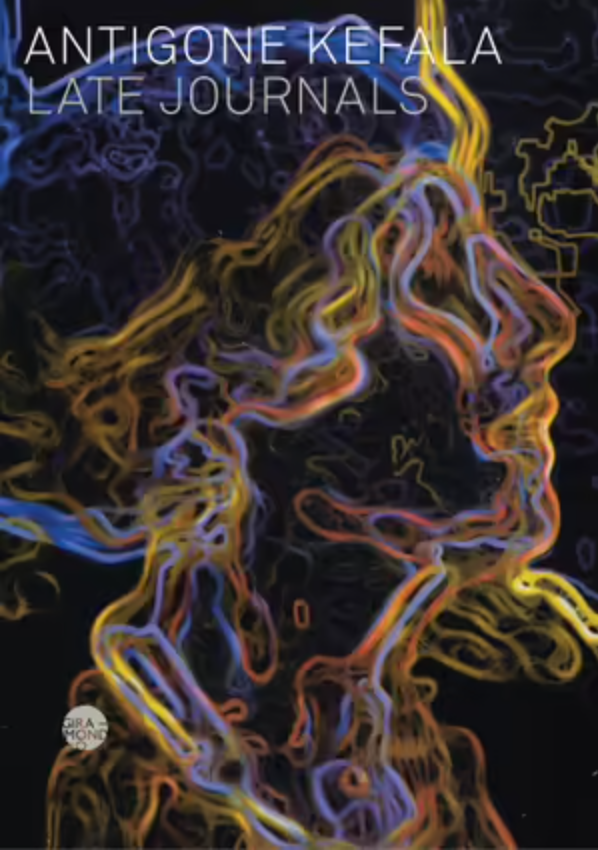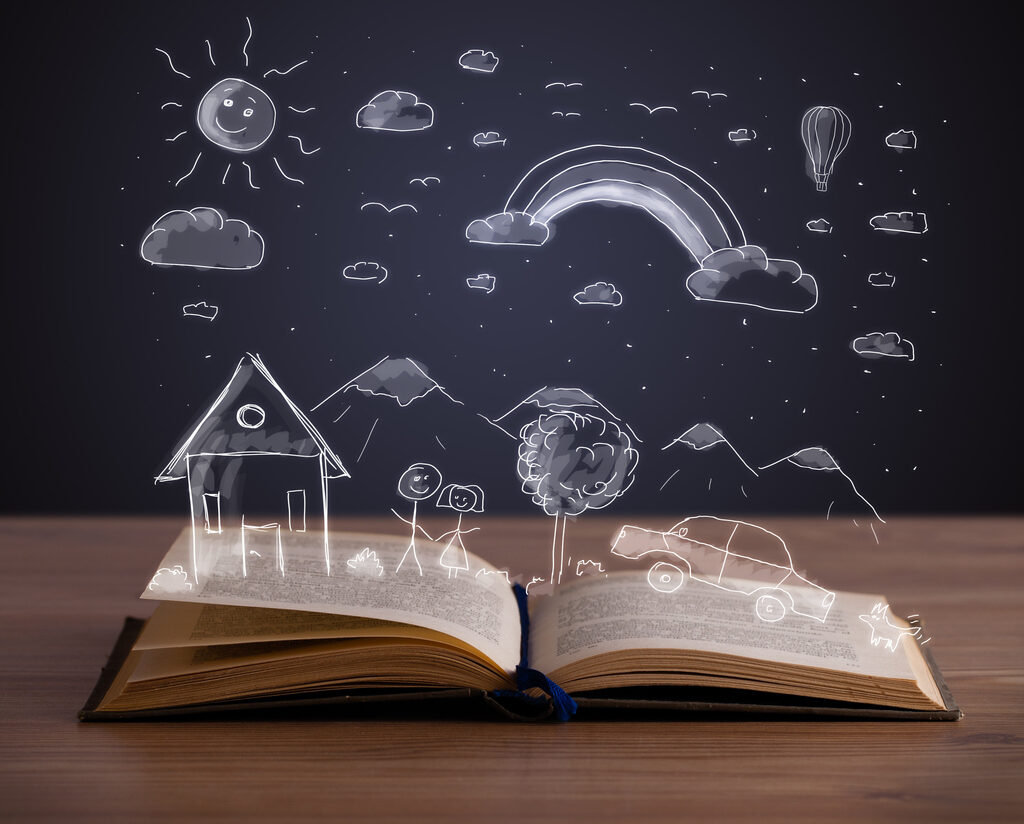Review: Late Journals by Antigone Kefala
In the eighteenth century what we might call the life of the mind was understood to be more encompassing. The intellectual was not contrasted with more sensory pursuits – art, music, enjoying the natural world – or with the importance of community. This came to mind when reading Antigone Kefala’s latest book of journals, the third in a series published by Sydney’s Giramondo.
Kefala is a poet of Romanian birth. She lived in Greece during her childhood and has lived in Sydney since the 1960s. As a migrant, or someone who has lived in multiple countries and cultures, her writing often seeks to understand her place in the wider world and the intersection of cultures. The style of her writing slips between as well. The journal, as she describes it, is in-between the diary and poetry, chronologically looser but stylistically tighter. And it is a way of understanding oneself through understanding one’s surroundings.
There is something holistic about this. She writes about friends, the weather, the view out the window, plays and concerts she went to the night before, movies she’s watching, books she’s reading. Sydney residents may associate with her references to lights on the harbour, the day-time diamond waters, the warm, night-time breezes, the intrusion of native animals into suburbia – cockatoos flying into the garden, prominent in their apparent clumsiness.

She has a book of poetry called, appropriately, Fragments. In the journals there are short sentences, impressions. The spare writing encourages a slower reading. She is wary of statements with qualifications, of certainty (though she is definite about her interpretations of the worth of performances of this or that work of art). She is cautious about adding words to the page. It has been noticed of her poetry that it is not wordy, full of explanations. It’s not as if what is on the page is uncertain, but, possibly, what is on the page has been mulled over, as well as leaving space for the reader to fill. The journals may be looser, but there is a reluctance to ramble.
Her caution extends to religion. She complains about the certainties devised by men, even while she is sympathetic to the mysterious otherworldly atmosphere of the Orthodox Church. It is part of a rich European that includes food and art. She is intolerant of religion that is otherwise removed from everyday life and messiness.
She’s wary of the clamour of words on social media or in glossy magazines. She regrets the surface chatter of Australian life and ambition of the material kind. She cautions against, as a migrant, simply mimicking the culture one finds oneself in. But she also suggests that a migrant needs to find her authentic voice, one that encompasses the riches of heritage but in a new setting. (This has always been a wider challenge for Australians, including Indigenous Australians – bringing our heritage into the modern culture we find ourselves in.) Instead of being distracted by the surfaces, Kefala looks for depth, mining other writers for aphorisms. And fitting with her literary style, she is something of an aphorist herself. (For example, ‘Humans have always tried to breathe life into dead matter’.)
There is a weariness that comes with age, over talk of war, friends dying, and the relentless quest for the new that, in music, just creates ‘dead sounds’, and makes for super-sized but dumbed-down movies. But there is also joy. The State Theatre is an ‘old friend’, she listens to migrant musicians gathered in the suburbs, unheralded by the popular press but living out their heritage. She describes language, in a surprisingly expansive metaphor, as a vast palace of potential, and approvingly quotes W H Auden: good writing, in its careful meeting of heart and mind, ‘makes us more human.’
Nick Mattiske blogs on books at coburgreviewofbooks.wordpress.com and is the illustrator of Thoughts That Feel So Big.












